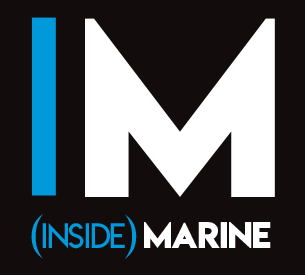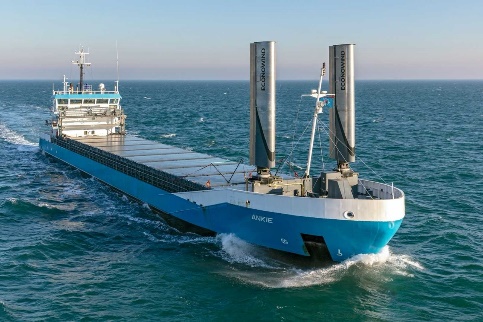An EU-Interreg North Sea Region project ‘WASP: Wind Assisted Ship Propulsion’ event will gather industry stakeholders to disclose brand-new sea trial results from multiple vessels with installed wind propulsion technologies and host lively discussions on how wind technologies should be promoted.
As part of the WASP Project (co-funded by the European Regional Development Fund), several wind technologies were installed on five commercial ships and third-party validations were conducted in order to verify actual fuel savings achieved.
The preliminary results of the trials will be shared for the first time at the event hosted by WASP project members in Copenhagen, Denmark on May 10, 2022
Wind assisted ship propulsion enables ships to exploit an emission-free energy source that is delivered directly to the ship while it is at sea. This means it will become a financially attractive option as part of the green transition in the shipping industry.
To-date, 18 large ships have been equipped with wind assisted propulsion technologies and this number is set to greatly increase in the next few years.
“Existing wind propulsion technologies offer free, non-polluting energy which is available to ships at sea without investments in fuel infrastructure. Wind is more efficient than any green fuel will ever be and is non-affected by war and the oil crises,” says Kare Press-Kristensen, senior advisor for Green Transition Denmark.
“After months of preparation and testing we are now able to provide an insight into the results of our wind propulsion installations. We’re looking forward to sharing our experiences with those interested in wind propulsion, as it proves to be one of the most promising contributions towards sustainable shipping,” says Kasper Uithof, Innovation Manager at Netherlands Maritime Technology.
“Danish Shipping has set an ambitious goal of climate neutrality by 2050. To succeed, we need to look at all sorts of technologies. One of the methods to help achieve our goal, might be one of the oldest: wind power. It is a free, unlimited, and totally carbon neutral resource. So, if we can reduce fuel consumption just a tiny bit by using wind, it is worth considering – especially when taking the price gap between fossil and green fuels into consideration,” says Maria Skipper Schwenn, Executive Director, Climate Environment and Security at Danish Shipping.


